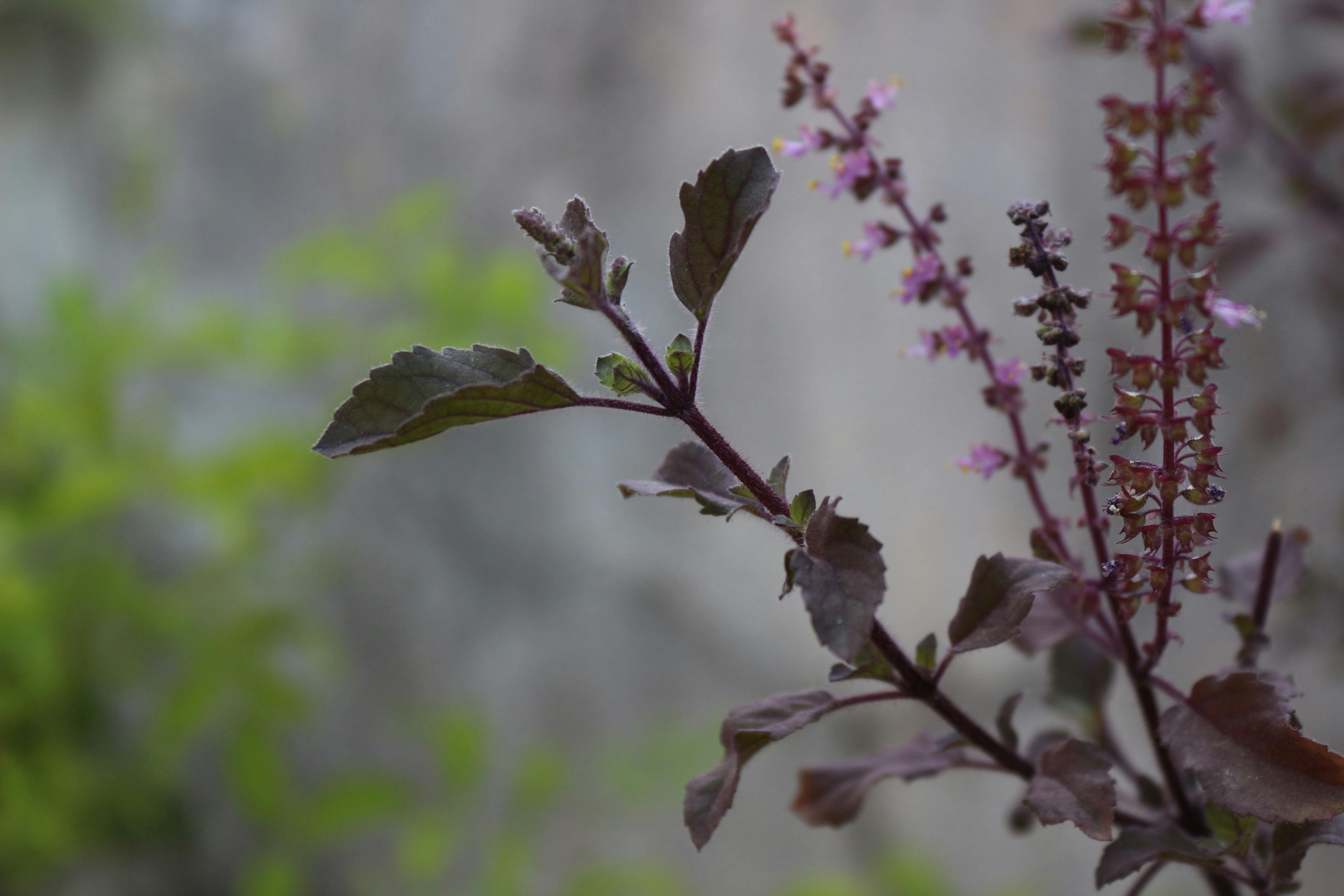Tulsi Pujan Diwas, also known as Tulsi Vivah, is a significant day in Hindu culture dedicated to the worship of the sacred basil plant, Tulsi (Ocimum tenuiflorum). This day holds great religious and cultural importance and is observed with fervor and devotion by millions of Hindus across the world. In this article, we will delve into the origins, significance, rituals, and cultural importance of Tulsi Pujan Diwas.
**Origins of Tulsi Pujan Diwas:**
The celebration of Tulsi Pujan Diwas has deep roots in Hindu mythology. According to ancient scriptures, Tulsi is believed to be an incarnation of Goddess Lakshmi, the goddess of wealth and prosperity. The story of Tulsi's origin is associated with the churning of the ocean (Samudra Manthan) when she emerged as a sacred plant from the waters, bringing divine fragrance and immense virtues.
The significance of Tulsi is also found in the revered epics, Ramayana and Mahabharata. In the Ramayana, Lord Rama's wife, Sita, is transformed into a basil plant, emphasizing the sacredness and purity of Tulsi. In the Mahabharata, Tulsi is mentioned as the beloved wife of Lord Krishna.
**Significance of Tulsi Pujan Diwas:**
Tulsi Pujan Diwas typically falls on the Ekadashi Tithi (eleventh day) of the Kartik month in the Hindu calendar. This day marks the ceremonial marriage of Tulsi to Lord Vishnu or Lord Krishna, symbolizing the divine union between the earthly and the divine.
The Tulsi plant is regarded as an embodiment of purity and is believed to have numerous medicinal properties. The leaves of Tulsi are used in various religious ceremonies, and the plant itself is considered auspicious for households. Tulsi is also believed to have the power to ward off negative energies and bring blessings and prosperity.
**Rituals of Tulsi Pujan Diwas:**
The celebration of Tulsi Pujan Diwas involves elaborate rituals that are performed by devout Hindus. The day begins with a ceremonial cleaning and decorating of the area where the Tulsi plant is situated, often in the courtyard of homes or in temples. The Tulsi plant is adorned with flowers, leaves, and various ornaments, signifying its sacredness.
Devotees observe a fast on Tulsi Pujan Diwas and offer special prayers to Lord Vishnu and Tulsi. The ceremonial marriage, known as Tulsi Vivah, is a central part of the celebrations. The marriage ceremony involves the tying of a cotton thread (mangalsutra) around the Tulsi plant, symbolizing the marital bond between Tulsi and the deity.
The sacred marriage is followed by the recitation of religious hymns, bhajans, and prayers dedicated to Tulsi and the deities. Devotees also light lamps, incense, and perform aarti (ritual of worship involving light) to seek blessings for their families and loved ones.
**Cultural Importance:**
Tulsi Pujan Diwas is not just a religious event; it holds cultural significance in Hindu society. The Tulsi plant is considered a symbol of love, devotion, and purity. Many households have a Tulsi plant in their courtyards, and the daily worship of Tulsi is believed to bring good fortune.
The medicinal properties of Tulsi have made it an integral part of traditional Ayurvedic medicine. The leaves of Tulsi are known for their antibacterial, antiviral, and anti-inflammatory properties. In many Indian homes, Tulsi tea is a popular remedy for colds and respiratory ailments.
**Tulsi in Modern Context:**
In the modern context, the significance of Tulsi extends beyond religious and cultural boundaries. The scientific community has explored the therapeutic properties of Tulsi, leading to increased interest in its cultivation. The plant's adaptability to various climates and its resilience make it a valuable asset in promoting environmental sustainability.
Moreover, Tulsi has gained recognition for its role in biodiversity conservation. Efforts to protect and cultivate Tulsi contribute to preserving traditional knowledge about medicinal plants and maintaining ecological balance.
**Conclusion:**
Tulsi Pujan Diwas, with its rich religious, cultural, and medicinal significance, remains an integral part of Hindu traditions. The celebration not only honors the sacredness of Tulsi but also serves as a reminder of the deep connection between nature and spirituality in the Hindu way of life. As devotees come together to worship the sacred basil on this auspicious day, they not only seek blessings for themselves but also contribute to the preservation of ancient traditions and the well-being of the planet.

Comments
Post a Comment